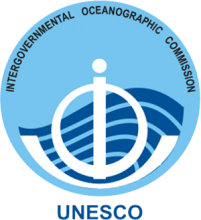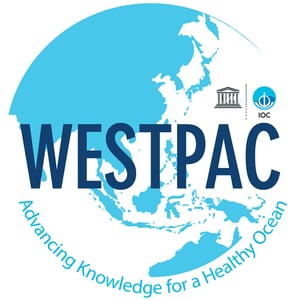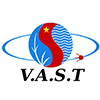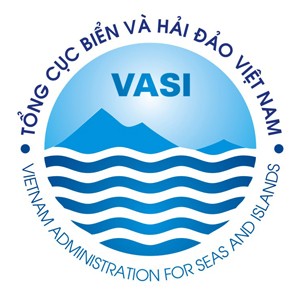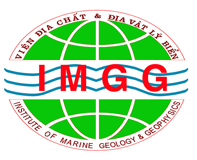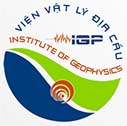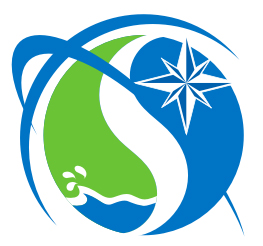The IOC Sub-Commission for the Western Pacific (WESTPAC), an Intergovernmental Scientific Organization, was established in 1989 by the Intergovernmental Oceanographic Commission of the United Nations Educational, Scientific and Cultural Organization (IOC/UNESCO) to promote international cooperation and to coordinate programmes in marine research, ocean observations and services, as well as capacity building in the Western Pacific and adjacent seas, in order to learn more about the nature and resources of the ocean and coastal areas and to apply that knowledge for the improvement of governance, sustainable development and protection of the marine environment.
WESTPAC currently consists of 22 Member States mainly in East Asia, Southeast Asia, South Pacific and the eastern Indian Ocean, with its membership open to all interested Member States of IOC/UNESCO willing to participate actively in the work of the Sub-Commission.
WESTPAC defines its strategic direction based on priority interests of the Member States in the region, and implements its programmes and activities through strong partnerships with national competent agencies, marine scientific institutes, universities and other international organizations or programmes in the region.
The history of WESTPAC dates back to 1965 when IOC started with a regional programme in the Western Pacific. The first project involved the Kuroshio project, with 12 countries participating in and supporting joint research into this current which flows from the tropic Pacific northward via the East China Sea towards the North Western Pacific.
Since then, a number of activities have been carried out within the region. In 1977, an IOC Working Group for the Western Pacific was established, through the IOC Resolution X-11, at the 10th Session of IOC Assembly in Paris with regular sessions held since 1979. Over the period of 1981-1989, the Working Group was renamed as “IOC Programme Group for the Western Pacific” (1981-1986) and “IOC Regional Committee for the Western Pacific” (1987-1989) with its activities coordinated by the IOC Headquarters in Paris.
The IOC Sub-Commission for the Western Pacific (WESTPAC) was established in 1989 at the 15th Session of IOC Assembly, through the IOC Resolution XV-9, as a successive organization of the Regional Committee, with its main task to develop and co-ordinate required regional marine scientific research programmes, ocean observations and services based on priority interests of the Member States in the region and to implement the programmes and activities of the IOC in the regional context.
Since 1994, UNESCO established the IOC Regional Secretariat for WESTPAC (WESTPAC Office) in Bangkok, Thailand through a Host Agreement with the Government of Thailand. WESTPAC Office was initially hosted by the National Research Council of Thailand (NRCT) from 1994-2004, and subsequently hosted by the Department of Marine and Coastal Resources (DMCR) since 2005. For administrative procedures and arrangements, the WESTPAC Office relies on support from the Bangkok-based UNESCO Regional Bureau for the Asia and Pacific (UNESCO Bangkok). The WESTPAC Office has a dual role to fulfil. Firstly, it makes up an arm of the mother organization IOC based in Paris and is instrumental in carrying out IOC global programmes in the region, and secondly it executes the projects and activities agreed upon by WESTPAC Member States. Since late 2006, the Office has been led by Mr Wenxi Zhu.
Vision & Functions
In line with the Vision and High-Level Objectives (HLOs) of IOC and challenges this particular region is facing, WESTPAC has become recognized as a key catalyst, advocate, coordinator and facilitator in the region to promote ocean knowledge, sustained observations and services for the improvement of ocean governance towards a healthy ocean and coasts for prosperity.
Bringing together and in partnership with governmental agencies and marine scientific communities, WESTPAC is committed to developing, coordinating and implementing marine scientific research, observations and services on four themes:
• Understanding Ocean Processes and Climate in the Indo-Pacific;
• Ensuring Marine Biodiversity and Seafood Safety;
• Safeguarding the Health of Ocean Ecosystems; and
• Enhancing knowledge of emerging ocean science issues
Specifically, WESTPAC endeavors to:
• define regional problems, the solution of which calls for international co-operation, and promote, develop and co-ordinate the required marine scientific research programmes and related activities;
• implement and co-ordinate the regional components of global marine scientific research programmes and activities of the Commission;
• promote the development and use, at the regional level, of ocean services and related supporting activities, co-ordinated or maintained by the Commission;
• facilitate the exchange of scientific data and information and the transfer of knowledge resulting from marine scientific research, especially to developing countries in the region;
• assist with the identification of training, education and mutual assistance needs in the region, particularly those relating to the programmes of the Sub-Commission, and promote the required TEMA activities;
• make recommendations to the governing bodies of the Commission on policy matters, and submit proposals on the budgetary and other forms of support required for the programme of work of the Sub-Commission;
• co-operate with other subsidiary bodies of the Commission on technical matters of common interest;
• provide general guidance and serve as a mechanism for Member States for the formulation, evaluation and follow-up of proposals for extra-budgetary projects aimed at strengthening national and regional capabilities in marine scientific research and the establishment of common institutions, services and facilities (e.g. centres, networks, etc.);
• co-operate with regional subsidiary bodies of UN organization members of ICSPRO (Inter-secretariat Committee on Scientific Programmes Relating to Oceanography) and of other UN organizations as well as regional bodies collaborating with the Commission;
• when appropriate:
• form Task Teams to carry out specific assignments;
• establish Groups of Experts, and
• organize technical meetings (e.g. workshops), provided costs fall within the budget allocated to them or extrabudgetary funding is available for that purpose; otherwise recommendations to that effect shall be submitted to the governing bodies of the Commission for their consideration and approval.
WESTPAC Officers
WESTPAC Officers (Chairperson and Vice-chairpersons) are elected by delegates at each intergovernmental Session. They shall be from Member States in the region and serve for one Session and one intersessional period. They may be re-elected for one additional term of office.
At the 11th Intergovernmental Session of the IOC Sub-Commission for the Western Pacific (WESTPAC-XI, Qingdao, China, 21-23 April 2017), the Sub-Commission elected, by acclamation, Dr Vo Si Tuan from Vietnam as Chairperson; Dr Fangli Qiao from China, Dr Zainal Arifin from Indonesia, Dr Kentaro Ando from Japan as Vice-Chairpersons of the Sub-Commission for the next intersessional period.
Chairperson
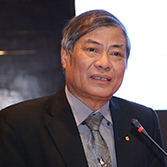
Vo Si Tuan
Vice-Chairpersons
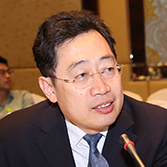
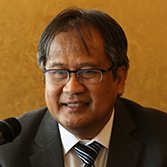
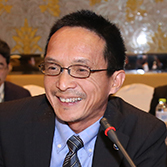
Fangli Qiao Zainal Arifin Kentaro Ando
WESTPAC Advisory Group Members (2017-2021)
Kentaro Ando (Co-Chair)
Fangli Qiao (Co-Chair)
Vo Si Tuan
Zainal Arifin
Somkiat Khokiattiwong
Weidong Yu
Gil Suico Jacinto
Youn-Ho Lee
WESTPAC Office
Add: 9th Fl., Government Complex Building B
c/o Department of Marine and Coastal Resources
120 Chaengwattana Road, Lak Si
Bangkok 10210, Thailand
Tel: (66) 2 141 1287-89
Email: This email address is being protected from spambots. You need JavaScript enabled to view it.; This email address is being protected from spambots. You need JavaScript enabled to view it.
Website: http://iocwestpac.org
Fore more information please visit WESTPAC's website



